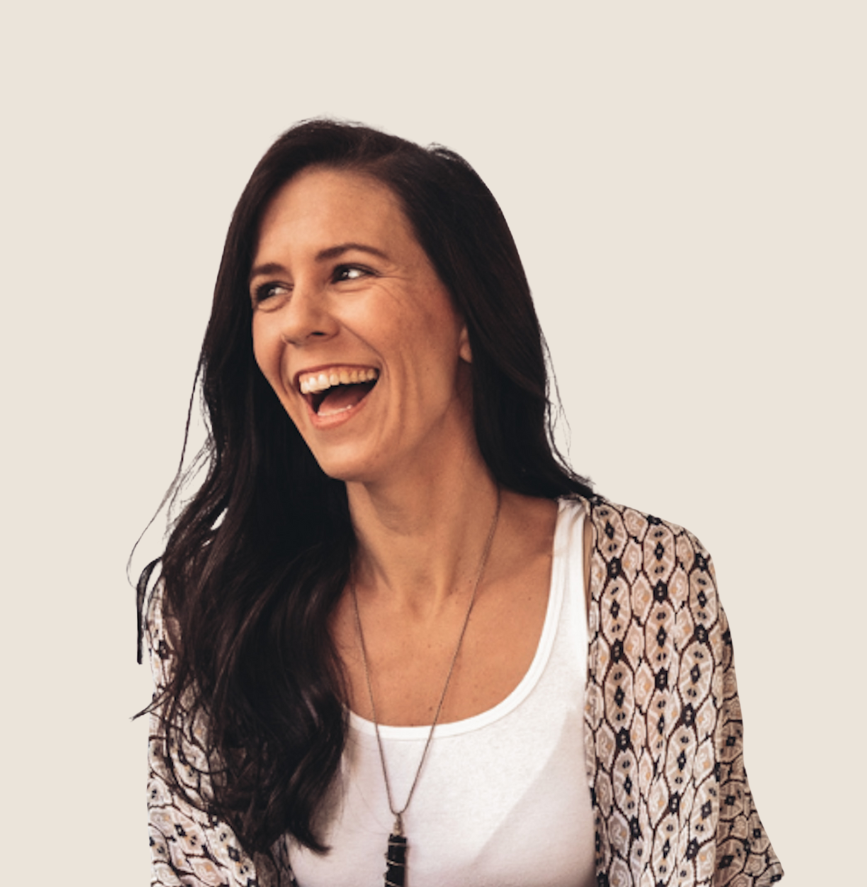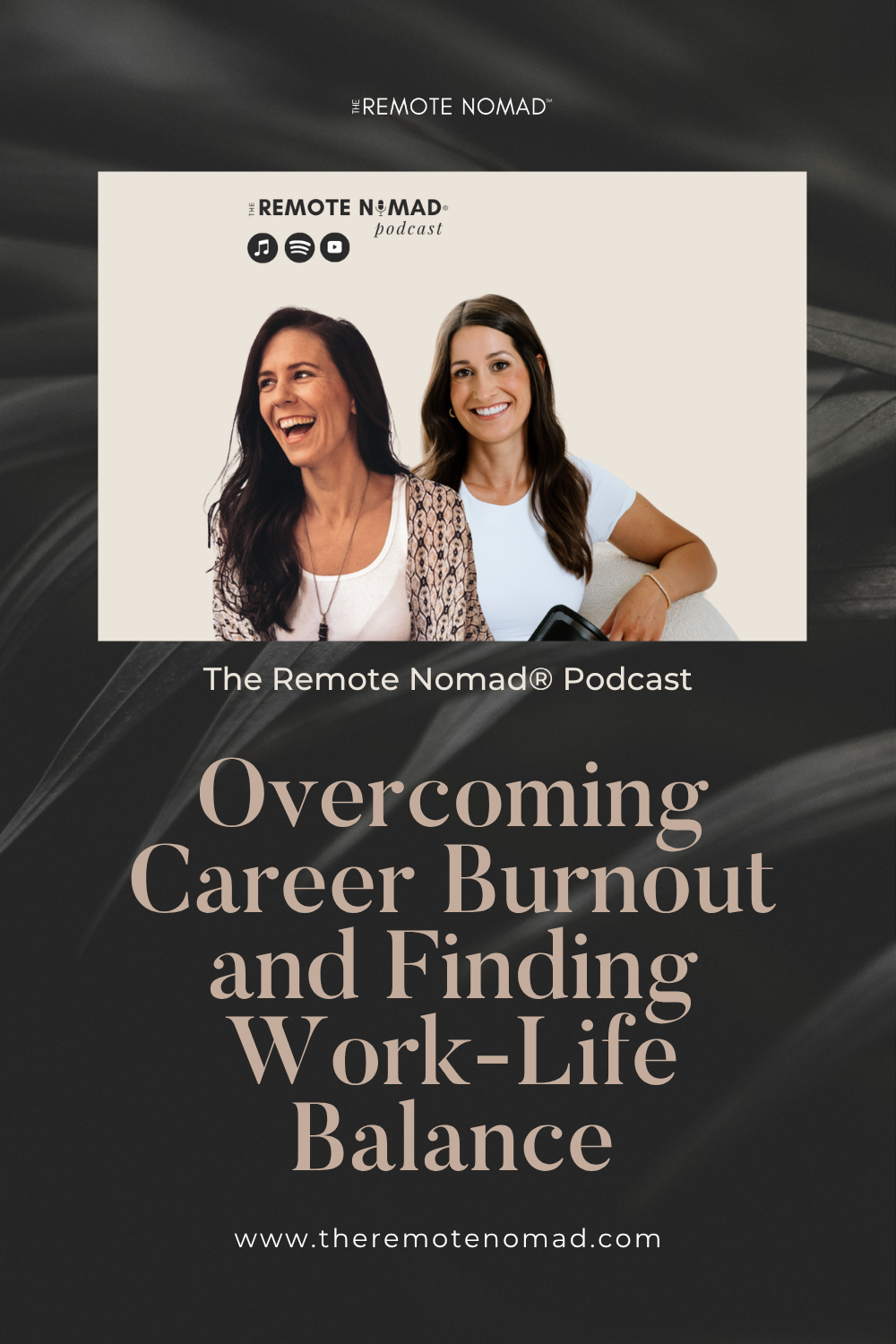Overcoming Career Burnout and Finding Work-Life Balance
Burned out from your 9-5 and hoping remote work will fix it? You're not alone—but here’s the truth most people don’t talk about: burnout doesn’t magically disappear when you go remote. In fact, without structure and boundaries, remote work can quietly make things worse. In this episode, I talk to remote work strategist Ali Pruitt about how to manage your energy, avoid burnout, and build a remote lifestyle that supports your well-being, not just your work.
In a recent podcast interview, I sat down with remote work strategist and productivity expert Ali Pruitt to talk about the biggest challenges remote professionals face, and how to overcome them. Ali is the founder of Fully Remote with Ali and helps remote workers around the world build habits that support both personal growth and professional success.
From burnout and boundary setting to travel temptations and routines, here’s what you need to know to create real balance as a remote worker.
Burnout Doesn’t End With a Remote Job
Ali’s turning point: burnout, exhaustion, and a solo trip to Malta
Ali’s story is all too familiar. She came into remote work not because she wanted more freedom but because she had to change something before her burnout took a greater toll.
“I was just so stressed, so exhausted, and in complete desperation for a change.”
Before going remote, Ali was overworked, constantly trying to prove herself, and never said no to leadership. Eventually, her body started breaking down. That’s when she took a solo trip to Malta that sparked a major turning point. She realized that if she didn’t create a new way of working and living, nothing would ever change.
Want to hear more stories like this? Check out how I escaped the 9-5 and landed a remote job
Remote Work Alone Doesn’t Equal Balance
Getting a remote job is only the beginning. Ali soon discovered that flexibility, while empowering, can also feel overwhelming if you don’t know how to manage it.
“Freedom needs to be managed to be enjoyed.”
Remote work gives you control over your time but that’s a double-edged sword. Without boundaries and structure, it’s easy to become either too relaxed or too connected. Neither option leads to sustainability. Ali helps clients build routines that give structure to their days while leaving space for exploration, creativity, and rest.
If you’re craving more freedom but struggling to build structure in your remote work routine, there’s a proven way forward. Watch the FREE Masterclass: 6 Steps to Land a Remote Job You Love
Most Remote Workers Struggle to Unplug
The guilt of being “always on” and why communication matters
One of the biggest challenges Ali spoke about for new remote workers is their inability to truly disconnect from work. They no longer have a commute to mentally separate home from office, and that leads to a blurry line between “on” and “off.”
“They feel guilty for turning off. They feel like they have to stay online that entire time and stay plugged in.”
The fix isn’t necessarily working less, it’s learning when and how to step away. That often starts with having clear conversations with managers and teams. Many remote workers assume they need to be always available when in reality, their company may have no such expectation. Without that clarity, guilt takes over.
Setting Boundaries Starts Before You Burn Out
Many of us wait until we’re fed up to finally set a boundary. Ali says this reactive approach is one of the biggest pitfalls remote workers face.
“When we have a problem setting boundaries, we do take that approach where we let it happen until we’ve had it and then say, ‘That’s it, I’m done.’ That’s not healthy.”
Instead, boundaries need to be proactive. Communicate them early and clearly. If someone crosses them, address it respectfully but assertively. This isn’t just about productivity, it’s about valuing yourself enough to protect your time and energy. And if setting boundaries feels hard, it may be worth exploring whether that difficulty is tied to a deeper issue with self-worth.
Why Structure Unlocks Real Freedom
Personal time first: how shifting your calendar changes everything
Ali works with many clients who resist structure at first. They fear it will take away their freedom. Ironically, it’s often the opposite. Once they build systems that work for their personality and energy, they find themselves getting more done in less time.
“The more productive they became, the more free time they had—and that’s when they really started to enjoy their remote lifestyle.”
Whether it’s time-blocking, building in morning routines, or having a 15-minute end-of-day work reflection, small shifts create big results. Ali even recommends planning personal time before work tasks in your calendar. You come first, and when your calendar reflects that, everything else becomes easier to manage.
You Can’t Treat Remote Work Like a Vacation
Travel can be one of the biggest perks of working remotely. But Ali cautions that if you move too quickly or treat every destination like a holiday, your productivity and job can suffer. One of her top tips is to spend at least two to three months in each location so you can settle into a rhythm.
Ali recalls helping a new digital nomad transition into remote work in Mexico. He loved the freedom but eventually struggled to balance his job with the travel experience. After overstaying in a beach town with poor internet, he lost his job. This experience reminded her—and all of us—why structure matters.
You’re not on vacation. You’re building a lifestyle that supports both work and life. If you're wondering how to make this lifestyle financially sustainable, here's a breakdown of how digital nomads actually make money.
Pajamas, Phones, and the Energy You Create
Another sneaky trap? The cozy routine of rolling out of bed and opening your laptop while still in pajamas. It sounds convenient, but over time, it chips away at your focus and motivation.
“It’s like—how do you want your day to go? What tone are you setting by staying in your PJs all day?”
Ali recommends keeping your phone out of the bedroom, getting dressed in the morning, and choosing a consistent location to start your day. These seemingly small habits create separation between your home and work energy, and that shift can make or break your productivity.
Ready to Reclaim Your Energy and Balance?
Remote work can be life-changing—but only when it’s managed with intention. Whether you're burned out, overwhelmed, or just craving more ease in your remote routine, Ali’s advice is clear: start small, build awareness, and take action that honors both your work goals and your personal well-being.
Want more practical insights like this to help you build a life of freedom through remote work?
Speakers
Ali Pruitt, Workflow and Process Improvement Expert
Ali Pruitt, Workflow and Process Improvement Expert
Ali Pruitt is a seasoned remote work traveler, aka digital nomad, with over 10 years of process and workflow improvement experience and 4 years of traveling the world while working. She created Fully Remote with Ali in June 2020 with freedom, flexibility, curiosity, and growth as the company's core values. She has been featured in We Work Remotely, Association of Virtual Assistants, and The Creative Startup Academy.
Early on in her remote work journey, Ali recognized that to really enjoy the freedom and flexibility of remote work, it needed to be managed and work needed to be as efficient as possible. She mastered that, kicking ass at work and at living her best life.
Ali has become extremely passionate about helping others in the transition to embrace the fully remote lifestyle in the way that works best for them. She believes when you’re able to #getshitdone and unplug from work, you have more time to focus on what’s important – you!
→ Connect with Ali on LinkedIn: https://www.linkedin.com/in/ali-pruitt/
→ Connect with Ali on Instagram: https://www.instagram.com/fullyremotewithali/
→ Visit her website: www.fullyremotewithali.com
Kate Smith, Remote Career Coach, Speaker, and Remote Work Advocate
Kate Smith, Remote Career Coach, Speaker, and Remote Work Advocate
Remote Career Coach and industry thought leader, Kate has helped countless professionals break free of the 9-5 and create more freedom in their lives by showing them how to successfully land a remote job.
Her expertise has been featured on BBC, Fast Company, CNN, Atlas Obscura, Glassdoor, and many other major publications and podcasts. She was named 'The 100 Most Influential Remote Experts' by remoteweekly.io, and she’s even worked with the country of Estonia, as a digital nomad community representative, to create the world’s first digital nomad visa!
After breaking free of her corporate 9-5 job in advertising, she landed a full-time remote job doing online marketing before launching her business. After successfully going remote herself, Kate's now on a mission to help other ambitious professionals create more freedom so they can live life on their terms, too!
Follow @theremotenomad
→ Ready to land a remote job so you can create more freedom and flexibility? Join The Remote Career Accelerator
→ Follow Remote Career Coach, Kate Smith, on Instagram @theremotenomad
→ Download the FREE Remote Career Playbook here: https://bit.ly/RemoteCareerPlaybook







